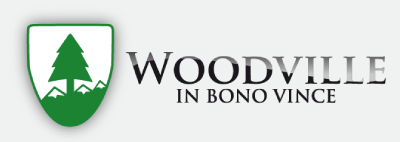Desarrollo
Internacional
Woodville English Project
Language is experienced comprehensively as a whole. We focus on preparing the learner for the language they will encounter outside the classroom, rather than learning about the language.
Our approach is communicative, with an international mindset and the understanding that we are teaching global citizens. We use authentic material, genuine everyday language and 21st century skills:
Learning skills: critical thinking, creativity, collaboration and communication.
Literacy skills based on literary and non literary sources, media and technology.
Life skills: flexibility and adaptability, leadership and responsibility, initiative, productivity and social and cross-cultural interaction.
As a school, being members of the International Baccalaureate Programme (IB), we aim to develop learners who are:
Inquirers
Knowledgeable
Thinkers
Communicators
Principled
Open-minded
Caring
Risk-takers
Our project is based on:
Contents and skills described in the Río Negro Curriculum Design.
CLIL (Content and Language Integrated Learning) . Use of the second language in meaningful contexts.
STEAM paradigm (Science- Technology- Engineering- Art-Maths).
“Knowledge of languages is the doorway to wisdom”
Roger Bacon
In Kinder and Primary we carry out a bilingual project-based learning. PBL is an instructional approach designed to give students the opportunity to develop knowledge and skills through engaging projects set around challenges and problems they may face in the real world.
Students investigate and respond to an authentic, engaging, and complex problem or challenge with deep and sustained attention.
The key elements to project design include:
A challenging problem or question
Sustained inquiry
Authenticity
Student voice and choice
Reflection
Critique and revision
Public product
Kindergarten
– Class time morning shift: 8.15 to 12.05hs (K1, 2 and 3)
– Class time full day shift: 8.15 to 16.05 hs (K4 and 5)
– English Teachers & Spanish – – Teachers work together during the whole day (different group organization)
– Phonics learning from Kinder 1
– End-of-the-year bilingual open lessons

Primary
– 1st, 2nd & 3rd form: English – Lessons in the afternoon 12.30- 16.15
– 4th, 5th & 6th form: English Lessons through all the day
Subjects: Use of English, Literature, Social Studies, Science, Maths & Technology
– Phonemic and Phonological awareness in 1st and 2nd form
– Author Study- literature programme
– Use of coursebook every year
– Development of skills and abilities to equip students for international exams in secondary level (optional)
– Classroom lesson plans based on the International – Baccalaureate Primary Years Programme (IB PYP)

Secondary
Subjects in English
– 7th form: Maths, Language & Literature, Biology, Technology.
– 1st, 2nd and 3rd year: History, Language & Literature, Biology, Maths.
– 4th year and 5th: History, Language & Literature, Biology, ESS Environmental Systems and Societies, SCA Social & Cultural Anthropology.

El Bachillerato Internacional
CAMBRIDGE ENGLISH:
B1 Preliminary (in 7th form), B2 First (in 3rd year), C2 Proficiency (in 5th year).
CAMBRIDGE INTERNATIONAL:
IGCSE Mathematics, IGCSE Literature, IGCSE Biology, IGCSE History. (in 3rd year).
INTERNATIONAL BACCALAUREATE:
Diploma Programme (4th and 5th biannual programme)
Projects
– Aspen-Bariloche Sister Cities Exchange Programme (2nd year)
– International Women´s Day
– D-Bait: Debate and Oracy in English (3rd and 4th years)
– Jornadas de Traducción inglés-español (4th and 5th years)
– The Big Microplastic Survey (7th form and 1st year)
– Optional Summer Reading List
– Extra lessons for C2 Proficiency in the afternoon (4th and 5th years)
– ESSARP, Cambridge and IB Online Professional Development for teachers.


